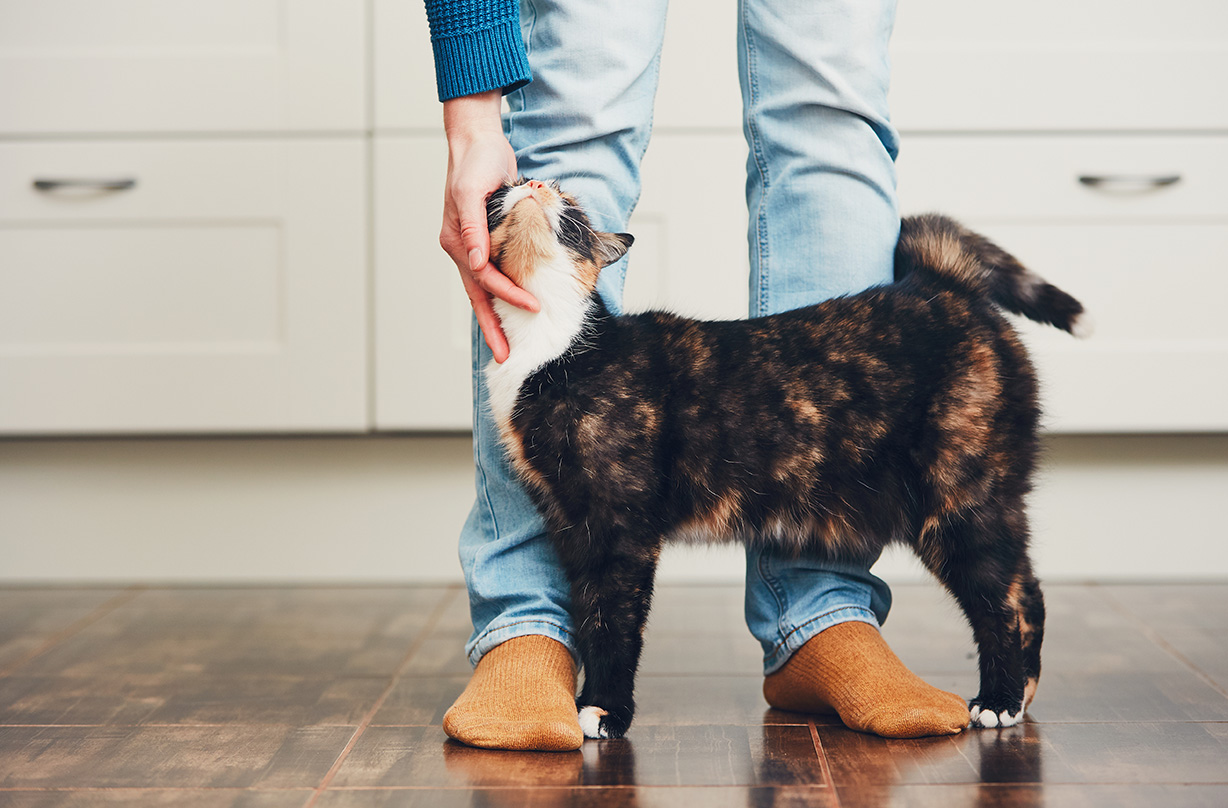Cats’ behaviours may mirror their owner’s personality traits, study reveals


A study has revealed that cats’ personalities might be linked to that of their owners.
When it comes to cats or dogs most people have strong opinions.
And those who consider themselves to be 'dog people', or who have a strong dislike towards cats, may often argue that cats have a hostile temperament.
But it seems that cats’ behaviour may not actually be their own doing.
A new study has found that cats’ behaviours may actually be based on their owners actions.
According to a study published in the journal Plos One, the popular household pets were found to mirror their owner’s personalities, especially when it came to traits like extroversion, openness and emotional stability.
Researchers at Nottingham Trent University and the University of Lincoln conducted their study with over 3,000 cat owners and focused on assessing participants under the Big Five Inventory, a psychological model that focussed on five broad character traits: extroversion, agreeableness, openness, conscientiousness, and neuroticism.
Parenting advice, hot topics, best buys and family finance tips delivered straight to your inbox.
The results found that some traits that were dominant in human participants were also obvious in their cats.

For example, participants who rated highly in the extroversion category had cats who enjoyed to be outside more, and those who demonstrated neurotic traits had cats who seemed to have behavioural problems.
‘Our results present initial evidence which may indicate that lower levels of owner Neuroticism but higher levels of Agreeableness, Conscientiousness, Extroversion and Openness may potentially be generally more beneficial for cats; a finding mirroring conclusions from the parent-child literature,’ stated study authors.
‘Many owners consider their pets as a family member, forming close social bonds with them,’ co-author of the study and animal welfare researcher Lauren Finka from Nottingham Trent University told The Telegraph.
‘It’s therefore very possible that pets could be affected by the way we interact with and manage them, and that both these factors are in turn influenced by our personality differences.’

Aleesha Badkar is a lifestyle writer who specialises in health, beauty - and the royals. After completing her MA in Magazine Journalism at the City, the University of London in 2017, she interned at Women’s Health, Stylist, and Harper’s Bazaar, creating features and news pieces on health, beauty, and fitness, wellbeing, and food. She loves to practice what she preaches in her everyday life with copious amounts of herbal tea, Pilates, and hyaluronic acid.